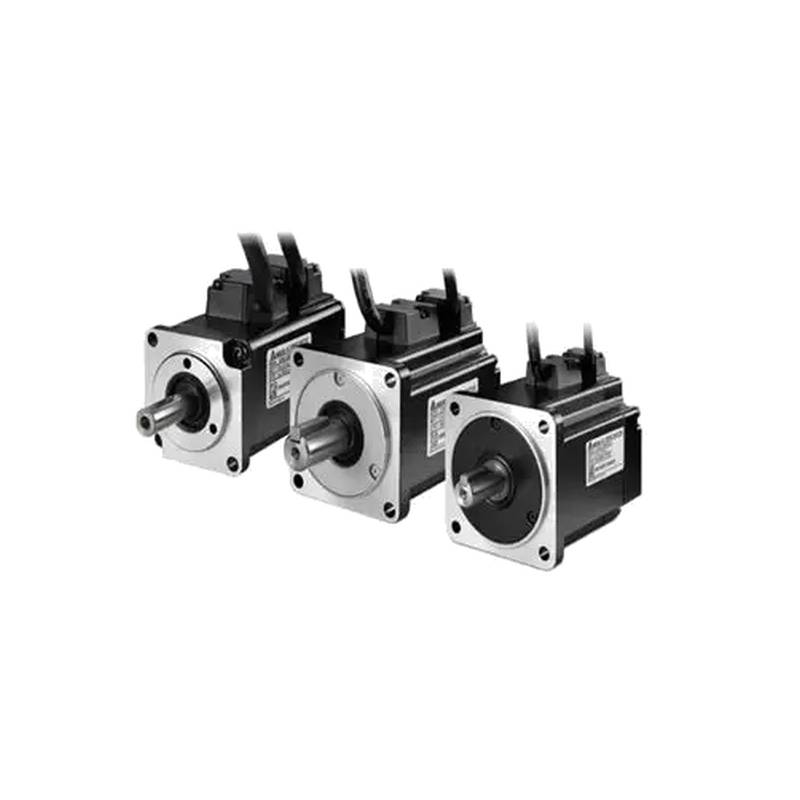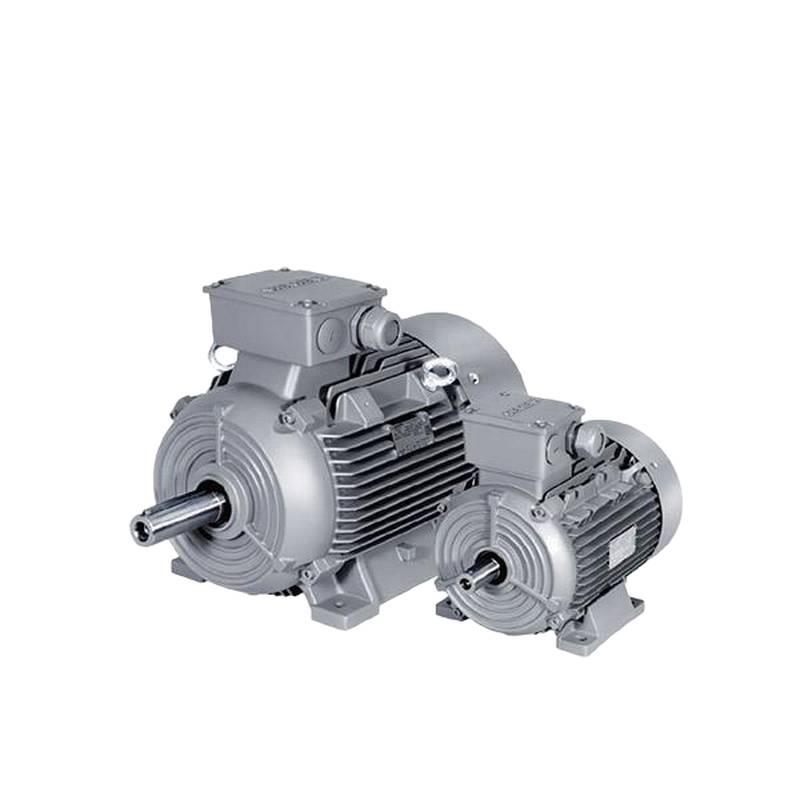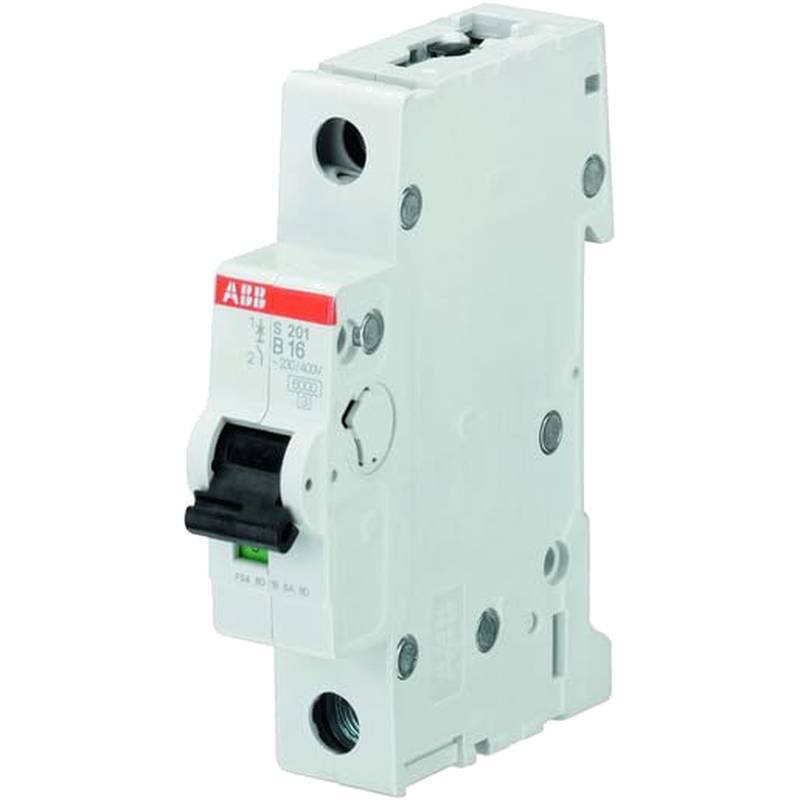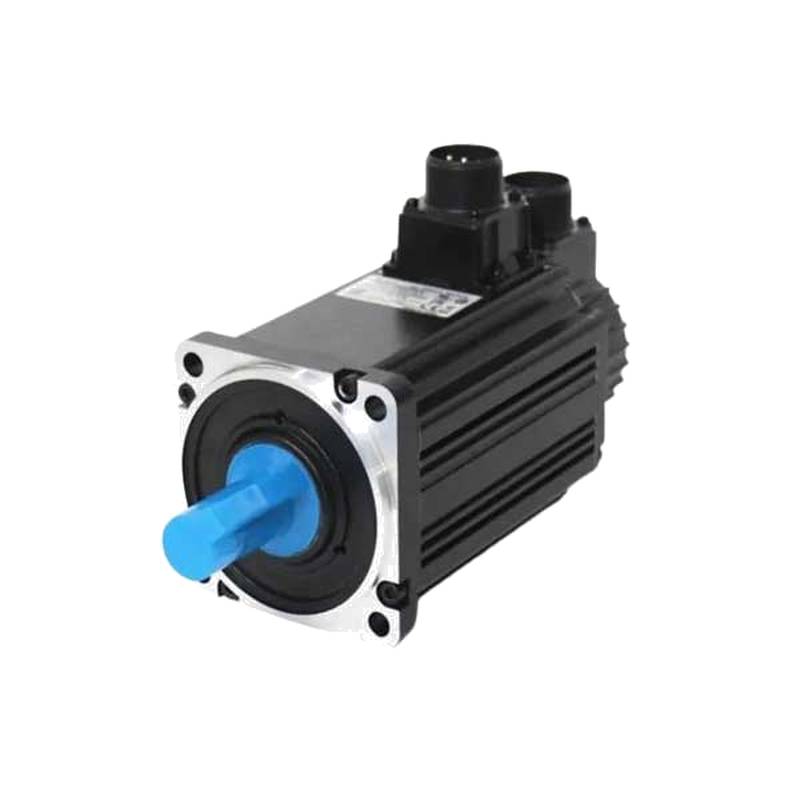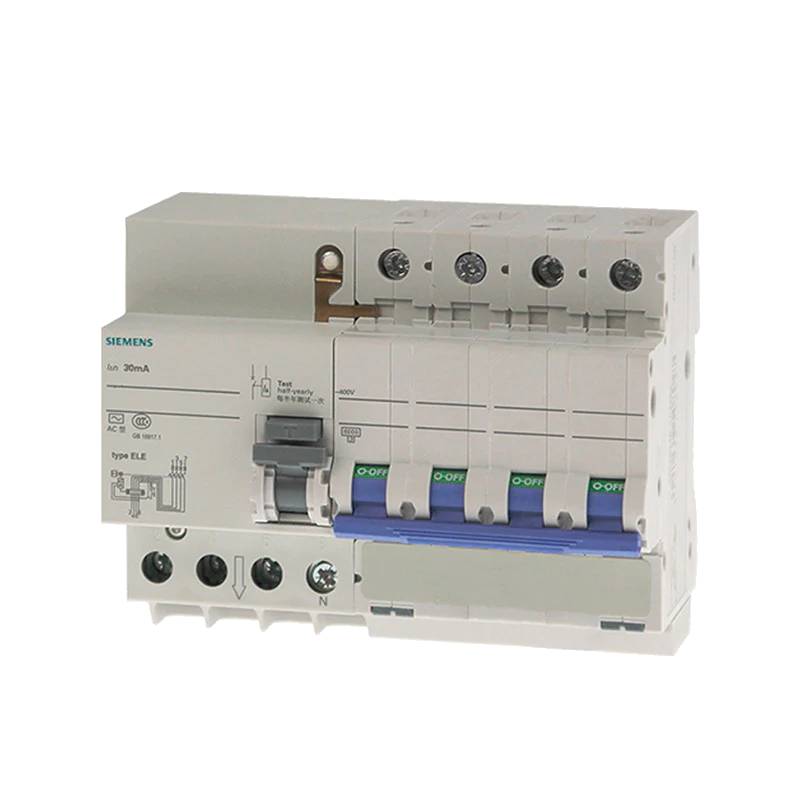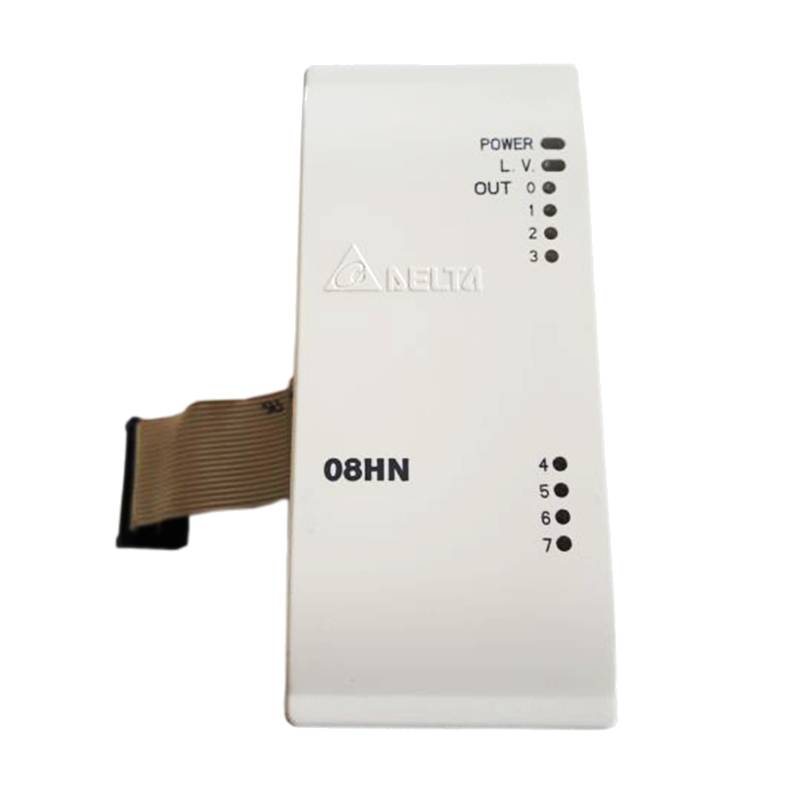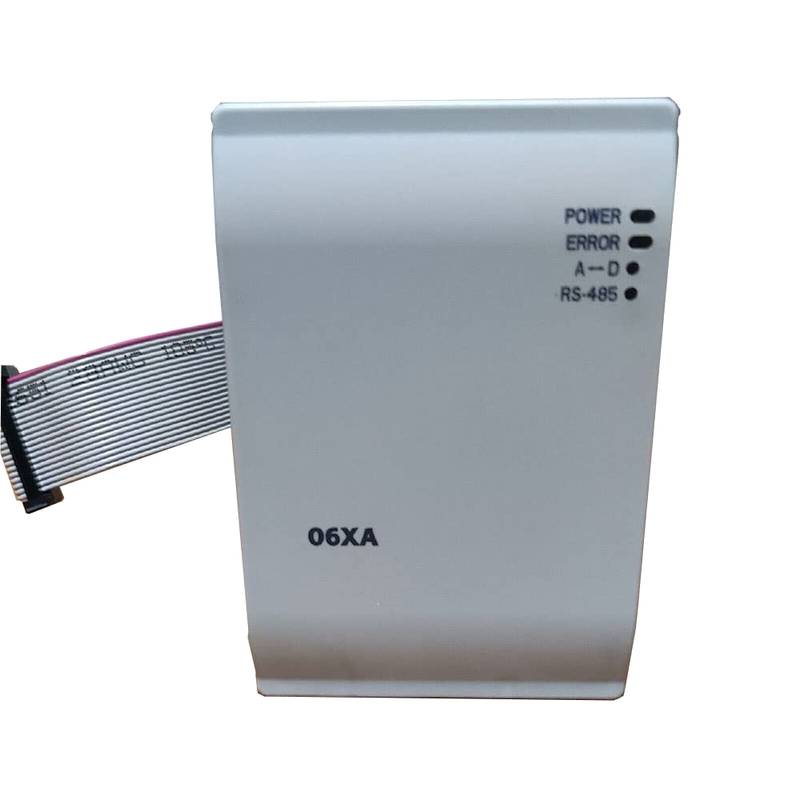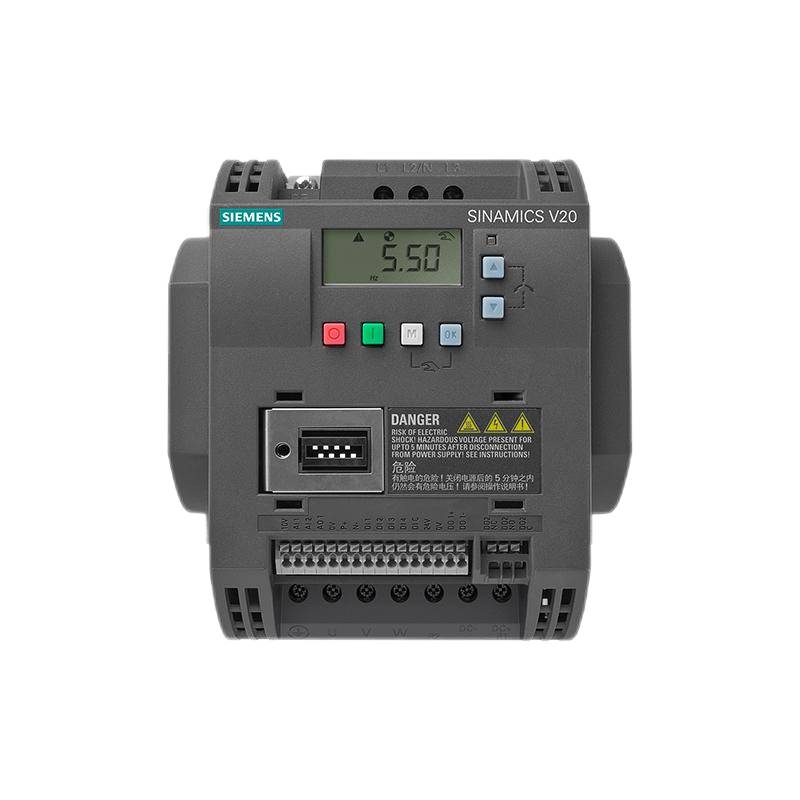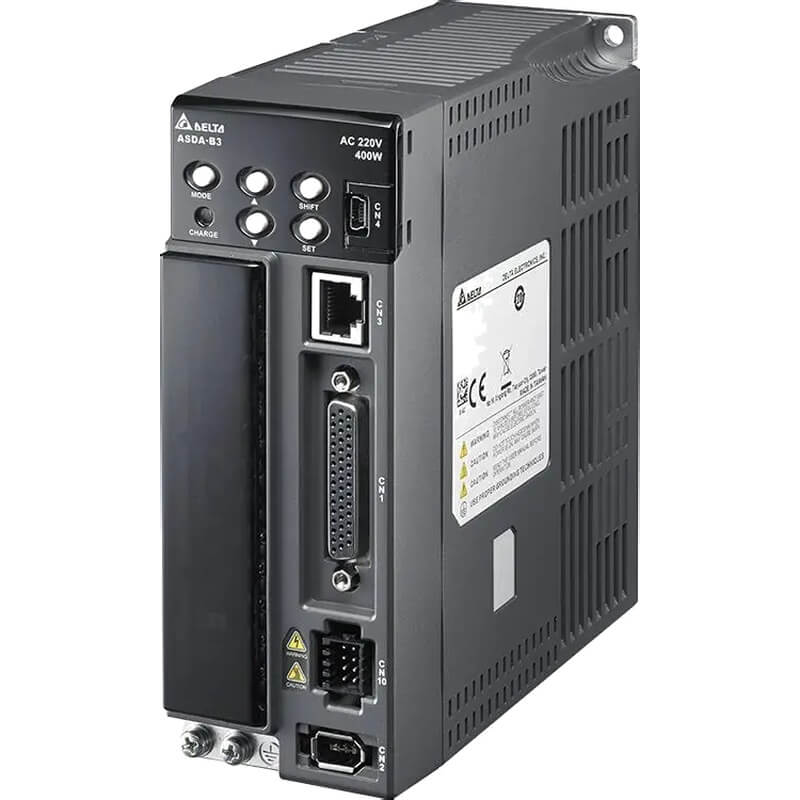
The Delta ECM-E3M-CM0807RSE is a medium inertia industrial servo motor engineered for demanding automation applications. This motor boasts a high torque density and robust construction, making it ideal for precision motion control tasks. Its key technical parameters include a rated voltage of 200-230V, a continuous stall torque of 7.16 Nm, and a maximum speed of 3000 r/min. With an IP65 protection rating, it offers superior resistance to dust and water ingress, ensuring reliable operation in harsh industrial environments. The ECM-E3M-CM0807RSE is designed for applications requiring accurate positioning and dynamic performance.
Product Specifications
| Parameter | Value |
| :----------------- | :----------------------------------------- |
| Model | ECM-E3M-CM0807RSE |
| Inertia | Medium |
| Rated Voltage | 200-230V |
| Continuous Stall Torque | 7.16 Nm |
| Peak Stall Torque | 19.9 Nm |
| Rated Speed | 1500 r/min |
| Maximum Speed | 3000 r/min |
| Motor Length | 07 (corresponding to frame size) |
| Encoder | High-resolution encoder |
| Protection Class | IP65 |
| Insulation Class | Class F |
| Ambient Temperature | 0-40°C |
| Shaft Diameter | 19 mm (with keyway) |
Core Features & Market Positioning
The Delta ECM-E3M-CM0807RSE distinguishes itself through its exceptional torque-to-inertia ratio, enabling rapid acceleration and deceleration crucial for high-cycle applications. Its integrated high-resolution encoder provides precise feedback, facilitating superior positioning accuracy and smooth motion control. Market positioning places this servo motor as a competitive solution for machine builders and system integrators seeking robust performance and reliability without compromising on cost-effectiveness. Delta's commitment to quality ensures this motor meets stringent industrial standards, offering a dependable choice for critical automation processes.
Key Application Scenarios
This medium inertia servo motor excels in a wide array of industrial automation scenarios. It is particularly well-suited for CNC machinery, where precise control over cutting tools and workpieces is paramount. Packaging machines benefit from its rapid, repeatable movements for filling, sealing, and labeling operations. Robotic arms requiring high-speed articulation and accurate path following also leverage the capabilities of the ECM-E3M-CM0807RSE. Furthermore, it finds application in material handling systems, automated assembly lines, and printing presses, anywhere consistent, high-performance motion control is essential.
Practical System Integration Guidance
Integrating the Delta ECM-E3M-CM0807RSE into an automated system requires careful consideration of its power and control interfaces. The motor is typically driven by a compatible Delta servo drive, such as those from the ASDA-A3 or ASDA-B3 series, ensuring optimal performance and full feature utilization. Proper wiring of the power and encoder cables is critical; ensure all connections are secure and comply with voltage ratings to prevent damage. When commissioning, utilize the servo drive's tuning software to optimize motor parameters, such as PID gains, for the specific application's load characteristics. This allows for precise tuning and maximizes the motor's responsiveness and stability.
Operation and Risk Mitigation
Safe operation of the Delta ECM-E3M-CM0807RSE necessitates adherence to established industrial safety protocols. Ensure the motor and associated drive are properly grounded to prevent electrical hazards. During operation, avoid exceeding the motor's continuous stall torque or peak torque ratings to prevent overheating and potential damage. Implement appropriate emergency stop mechanisms within the automation system. Common fault codes often relate to overcurrent, overvoltage, or encoder errors. Referencing the specific servo drive's manual will provide detailed explanations for fault codes and troubleshooting steps, such as verifying encoder connections or checking motor winding integrity.
Scalability & Long-Term Value
The Delta ECM-E3M-CM0807RSE offers excellent scalability due to its compatibility with a broad range of Delta servo drives and automation components. This allows for phased system expansion and upgrades, ensuring long-term value and adaptability. Its integration with Delta's broader automation ecosystem, including PLCs and HMIs, facilitates the development of sophisticated Industrial Internet of Things (IIoT) solutions. By leveraging standard communication protocols, these motors can be seamlessly incorporated into networked systems for remote monitoring, diagnostics, and predictive maintenance, enhancing operational efficiency and reducing downtime.
FAQs
Q1: What is the IP rating of the Delta ECM-E3M-CM0807RSE servo motor?
The Delta ECM-E3M-CM0807RSE servo motor features an IP65 rating. This signifies excellent protection against dust ingress. It also provides robust defense against water jets from any direction.
This rating ensures its suitability for operation in demanding industrial environments. It can withstand washdowns and dusty conditions reliably.
Q2: What is the continuous stall torque of this motor?
The continuous stall torque for the Delta ECM-E3M-CM0807RSE is 7.16 Nm. This parameter indicates the maximum torque the motor can sustain indefinitely. It is a crucial factor for applications with constant high load.
This torque rating is essential for determining if the motor can handle the sustained demands of the application. It influences motor selection for continuous operation tasks.
Q3: What voltage range does the ECM-E3M-CM0807RSE operate within?
This servo motor is designed to operate within a voltage range of 200-230V. This is a common industrial voltage prevalent in many regions. It ensures broad compatibility with standard power supplies.
Using the correct voltage is vital for optimal performance and motor longevity. Always confirm your power supply matches this requirement before connection.
Q4: What are the primary applications for a medium inertia servo motor like this?
Medium inertia motors are ideal for applications requiring quick accelerations. They are frequently used in CNC machines for precise tool movements. Packaging machinery also benefits from their dynamic response.
Robotic arms and automated assembly lines are other common scenarios. Their balance of inertia and torque suits dynamic positioning tasks.
Q5: Can this motor be used with non-Delta servo drives?
While it is possible in some cases, optimal performance is achieved with Delta servo drives. Delta drives are specifically tuned to match the motor's characteristics. Using third-party drives may limit performance or require extensive tuning.
Compatibility issues can arise with encoder feedback and motor identification. Always consult drive documentation for compatibility before attempting integration.
Q6: What is the maximum speed capability of the ECM-E3M-CM0807RSE?
The Delta ECM-E3M-CM0807RSE servo motor can achieve a maximum speed of 3000 revolutions per minute (r/min). This high maximum speed enables rapid movements in automation tasks. It is suitable for applications requiring quick cycle times.
While 3000 r/min is the maximum, the rated speed is 1500 r/min. Operating near maximum speed continuously may affect motor lifespan.
Q7: How does the encoder quality impact system performance?
A high-resolution encoder, as found in this motor, ensures very accurate position feedback. This leads to superior motion control and precise repeatability. It allows for smoother operation and finer adjustments.
The encoder's signal quality is critical for closed-loop control. It enables the servo drive to correct deviations instantly and maintain desired positions.
Q8: What are the implications of "medium inertia" for motor selection?
Medium inertia motors offer a good balance between torque and rotational inertia. They are suitable for applications requiring moderate acceleration and deceleration speeds. They are more agile than high inertia motors but less so than low inertia ones.
This characteristic makes them versatile for a broad range of industrial tasks. They are a cost-effective choice when extreme speed is not the primary requirement.
Q9: How can I ensure proper installation and wiring?
Ensure all power and encoder connections are made securely and according to the manual. Use appropriately sized cables for the voltage and current ratings. Proper grounding is essential for safety and system stability.
Always refer to the specific wiring diagrams provided by Delta. Incorrect wiring can lead to motor damage or system malfunction.
Q10: What maintenance is typically required for this servo motor?
These servo motors are generally low-maintenance, designed for long operational life. Regular visual inspection for dust buildup or damage is recommended. Ensure cooling vents on associated drives are clear.
Periodic checks of connections and encoder integrity can prevent future issues. Avoid exposing the motor to excessive moisture or extreme temperatures beyond its specifications.














